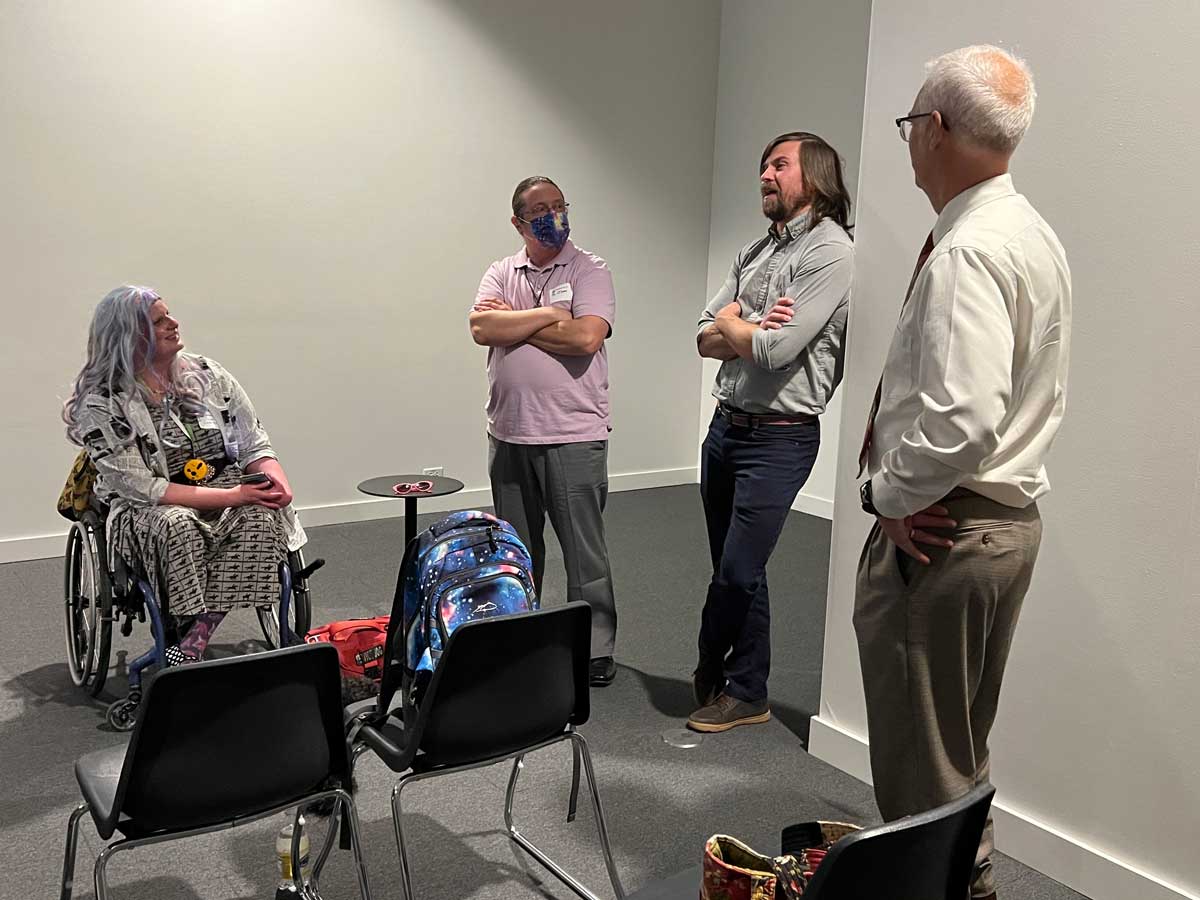Alumni Spotlight: Stephanie Malin

Stephanie Malin
Assistant Professor
Colorado State University
What year did you graduate from USU and what was your major/research focus?
I graduated with a MS in 2007 and a PhD in 2011. I concentrated on Environment/Natural Resource Sociology and Development & Social Change, with an additional emphasis on inequality.
I wonder if you could tell me a little more about your position at CSU. How do you spend your days?
I’m an Assistant Professor of Sociology at CSU, and I love it! I teach 2 courses per semester, on topics from environmental justice to water to consumption, and I also do a lot of service for the university and my department. For instance, I’ve co-founded and help run CSU’s Environmental Justice Working Group, where we aim to create space for public action and discourse, as well as research networking, in northern Colorado, nationally, and internationally.
I also conduct a lot of research on environmental justice, health, and regulatory issues related to energy production and extraction. Much of my time is spent in the field conducting interviews and collecting other data, writing and revising peer-reviewed and news articles, and translating that research to the public via community meetings I host.
Did The Price of Nuclear Power originate during your time here at USU or did it come once you started your post-doc at Brown?
The research for the book was based on my dissertation and masters research under Dr. Peggy Petrzelka! So USU was formative in that book and the stories I could tell in it. But the time and space I had during my Postdoc at Brown allowed me to write the manuscript and link with my editor at Rutgers University Press. So it’s a perfect blend of the two!
Was there a particular mentor or professor who inspired you when you were a student here? Can you talk a little about that?
Peggy Petrzelka was and is more than a mentor; she’s my academic mom, my adviser for my MS and PhD, and an outstanding example of how to be a good human in academia. She’s brilliant but also down to earth, and she really took me under her wing. She showed me how to keep balanced, how not to ‘overdo’, and still play outside and love life – lessons I now know are rarely imparted from adviser to advisee.
Christy Glass taught some of my favorite graduate courses at USU, she was on my committee, and she provides such a stellar example of how to teach sociology to all kinds of students and meet them where they stand. Plus, she’s pretty dang cool and funny, and she taught me how to assert myself by formulating strong, evidence-based arguments. A day doesn’t go by that I don’t have an occasion to ask “what would Christy do?” and take it from there.
John Allen mentored me for most of my time at USU and brought me on as a Graduate Intern with the Western Rural Development Center. He showed me how to conduct interviews with humility, warmth, and openness. He always encouraged me and made me feel I could be proactive and take the lead on projects, which was an invaluable lesson to learn.
Rick Krannich, Susan Mannon, Susan Dawson, and Gary Madsen also played pivotal roles in my graduate experience and training. Rick was always especially kind in making me feel more comfortable at conferences when I didn’t know anyone – and he kept me on my toes in terms of my research ideas!
You mentioned you were a part of the NR Lab--in what way(s) were you involved with the Lab, and how did it impact your work, research, or career?
Well, I practically lived in that lab for the first three or four years of my graduate training, ha! Long hours entering data, reading, writing, analyzing data, and did I mention reading and writing? The NR Lab shaped my graduate training and made me the natural resource-focused sociologist I am today. When I arrived at USU as a 23-year old, it gave me a sense of belonging and community almost immediately, and that feeling never vanished. Some of my best friends from graduate school – people that were my Utah family and are still dear friends – shared cubicles with me in this space.
The rigorous approach to research and data management I learned in the NR Lab have equipped me to design and manage multiple large-scale projects at the same time, fairly early on at CSU. My time in the lab taught me how to dive into multiple overlapping areas of sociology and then articulate the complex research questions that emerge at the intersection of society and environment.




